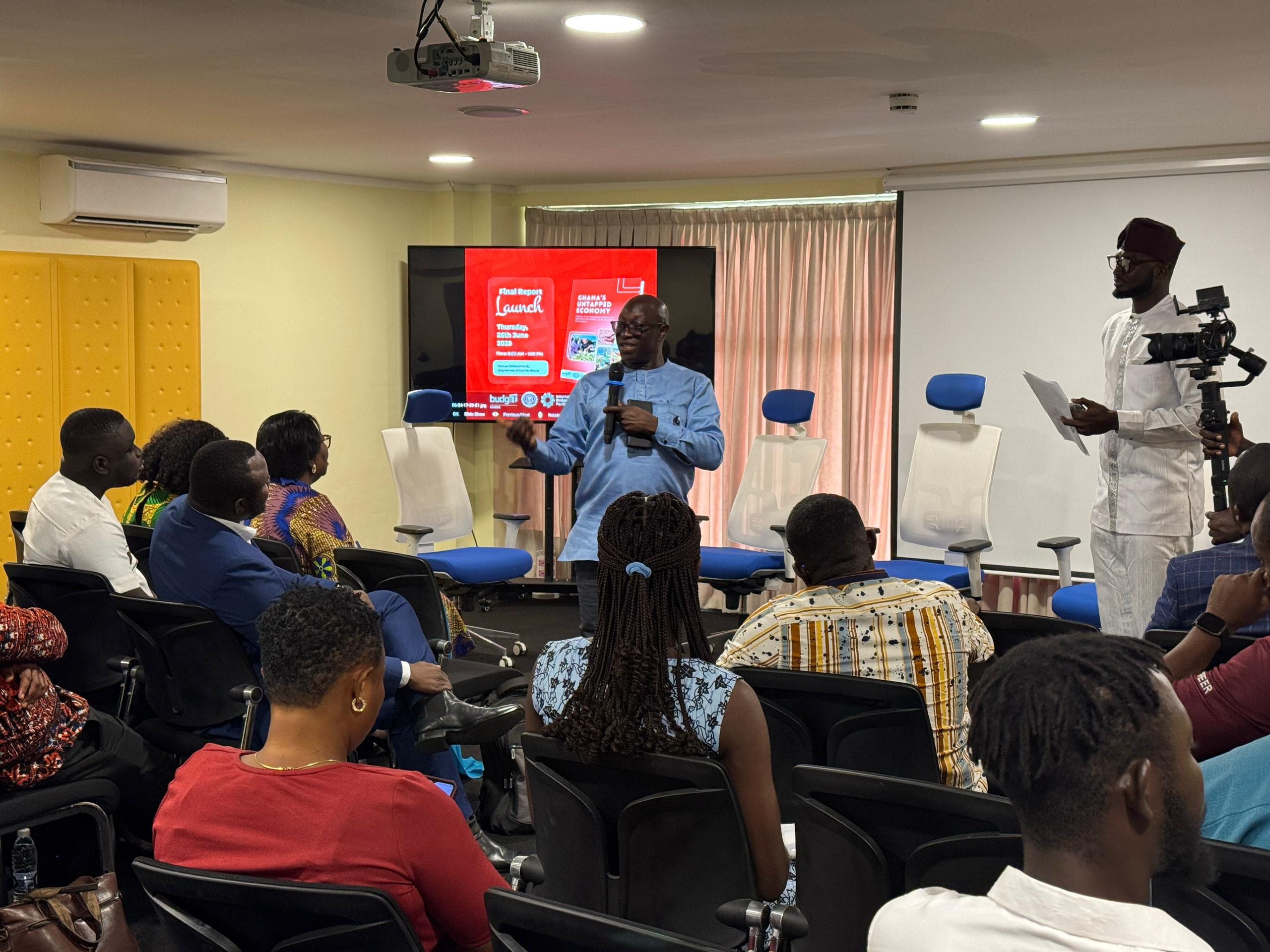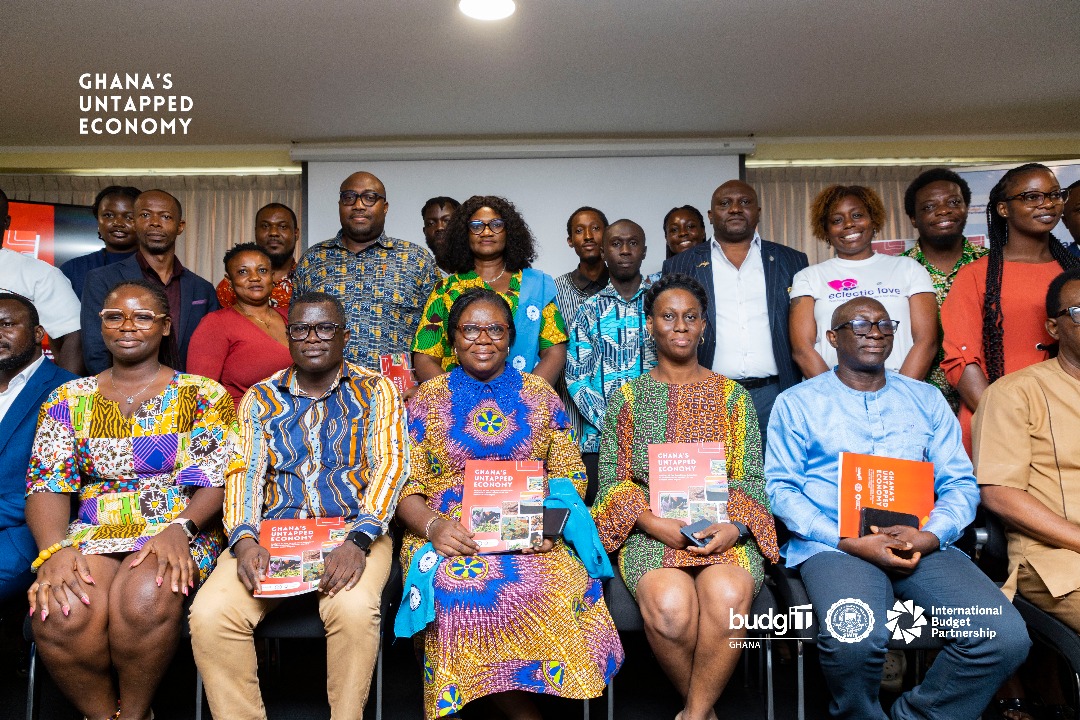GRA Targets Quarterly Tax Payments by Informal Sector Workers Under New Modified Tax Regime
The Ghana Revenue Authority (GRA) has announced the implementation of a new modified tax regime aimed at enhancing compliance and revenue mobilisation from the informal sector, effective July 1, 2025.
Under the new framework, informal sector workers with annual sales below GHS 20,000, and who are not yet registered with the Authority, will be required to pay a fixed quarterly tax of between GHS 25 and GHS 45. Informal operators with turnover between GHS 20,000 and GHS 500,000 will be taxed at a flat rate of 3% on their turnover.

Speaking at the launch of the final report on informal sector tax compliance research in Accra, Dr. Alex Kombat, Assistant Commissioner for Research and Policy at the GRA, explained that the revised system forms part of broader efforts to widen the tax net and ensure equity in Ghana’s tax structure.
“We have developed a system called modified taxation. Those with turnover below GHS 20,000 will pay a fixed amount of GHS 25, GHS 35, or GHS 45. For those with turnover between GHS 20,000 and GHS 500,000, we’ll apply a 3% tax on their turnover. This marks a shift from the traditional tax collection methods,” Dr. Kombat stated.
The report, titled “Ghana’s Untapped Economy: Analysis of Tax Compliance Behaviour of Informal Sector Workers in the Greater Accra Region”, was commissioned by BudgIT Ghana in collaboration with the Society for Women in Taxation Ghana and the International Budget Partnership (IBP).

According to Dr. Kombat, public cooperation especially from the media will be critical to the successful rollout of the initiative. He urged stakeholders to support the sensitisation and education of informal sector players on the new system.
Commenting on the findings of the report, Country Manager at BudgIT Ghana, Jennifer Moffatt, called for improved coordination between the GRA and local government authorities to streamline tax collection and build trust among informal sector taxpayers.
“One of our key recommendations is for the GRA and Metropolitan, Municipal, and District Assemblies (MMDAs) to collaborate on tax collection. Many informal sector workers feel more comfortable paying levies to local authorities than to the GRA,” she remarked.
Chairperson of the Society of Women in Taxation, Esi Sam, welcomed the modified tax policy, describing it as a simplified and more accessible approach to tax compliance.

“When you understand something, it becomes easy to do because it’s straightforward. So, if the modified taxation system is being introduced, it’s a good move as it will simplify the process and make it easier for people to understand,” she noted.
The move comes amid growing calls for the government to broaden the tax base and reduce over-reliance on formal sector contributions, as Ghana works to improve domestic revenue mobilisation and meet fiscal consolidation targets under its IMF programme.








